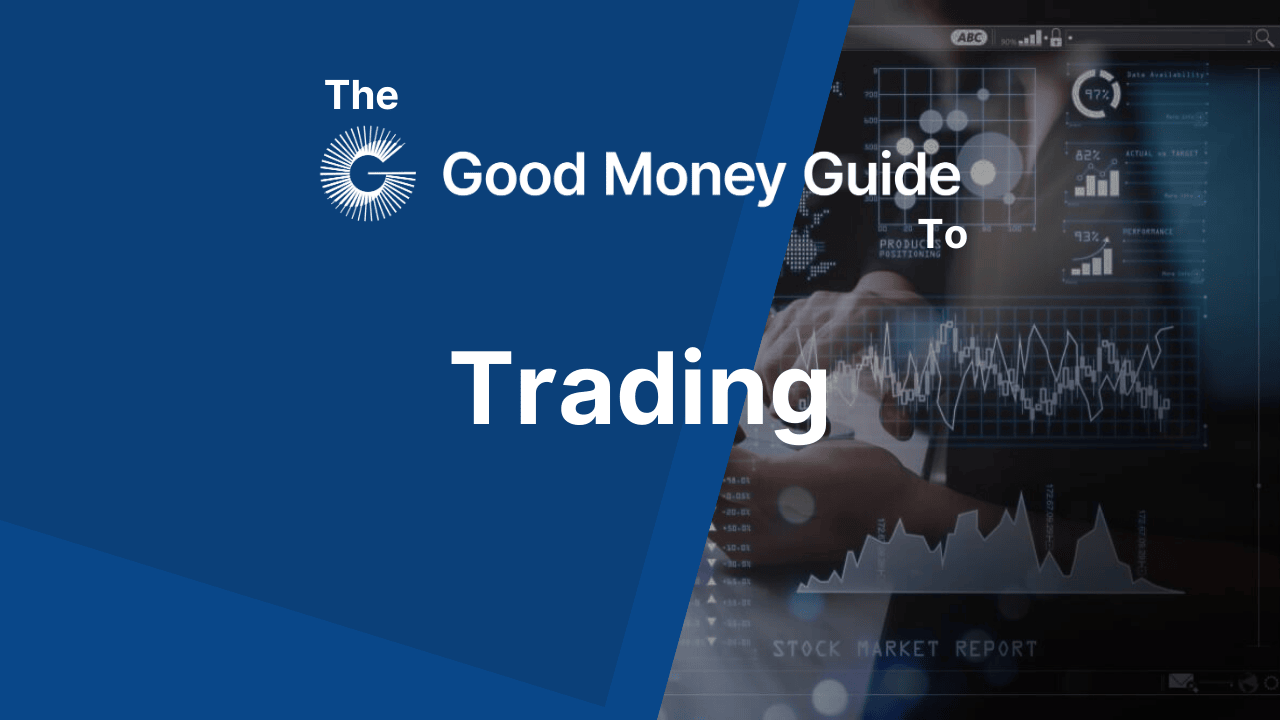Understanding Trading Platforms
A trading platform is the software interface through which traders access financial markets, execute trades, and manage their portfolios. The right platform can significantly improve your trading experience by offering advanced tools, real-time market data, and an intuitive interface. Several popular platforms are widely used, each with its strengths. Among the most popular are MetaTrader 4 (MT4), MetaTrader 5 (MT5), and Web-Based platforms offered by brokers.
MetaTrader 4 (MT4)
MetaTrader 4 is one of the most widely used platforms globally, particularly for forex and CFD trading. It is known for its user-friendly interface and extensive rang...
Please register or log in to continue...
Become a better, more informed investor with Good Money Guide. Our expert, exclusive educational courses provide the sort of information that everyone, from first-time investors to experienced professional traders, can learn to profit from.

